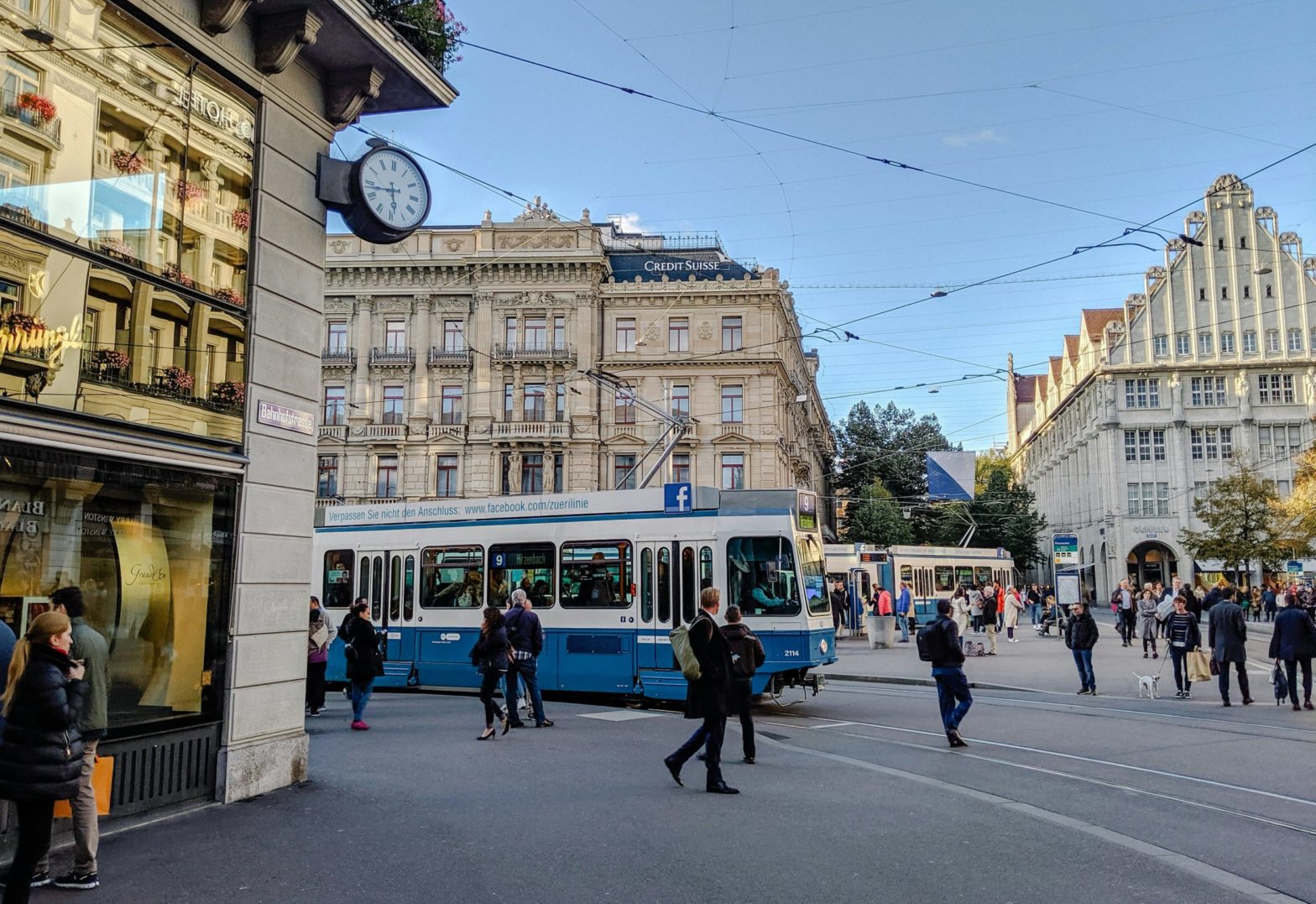
Photo: LADOT
LA pilots on-demand bus drop-offs to better serve women
05 August 2021
by Sarah Wray
Los Angeles Department of Transportation (LADOT) is launching a pilot scheme to allow DASH bus riders to request drop-off locations along the route which are not established stops.
The trial, which will run on four Community DASH routes in Panorama City, Watts, Pico-Union, and El Sereno, is part of efforts to make the city’s transport system more suited to the needs of all residents. On-demand drop-offs will be available before 7am and after 6pm.
The announcement comes alongside the publication of the “landmark” Changing Lanes: A Gender Equity Transportation Study which identifies barriers for women who depend on public transit.
The research, commissioned by LADOT, focused on three LA neighbourhoods with high proportions of people of colour and women who live in households without a car – Sun Valley, Watts, and Sawtelle. It concluded that: “The Los Angeles transportation system is failing women.” For BIPOC women and those on lower incomes, the issues are even more pronounced.
The authors say that a “holistic, systematic effort” is required to rectify the situation.
Los Angeles City Council President Nury Martinez requested that LADOT pilot key changes to transit operations to better address the needs of women. Initial routes for the DASH pilot were selected based on ridership levels, times, and the proportion of female riders.
“DASH’s ‘on-demand stops’ programme will be the difference between hauling your bags of groceries ten blocks or ten feet,” Martinez said.
Safety
The Changing Lanes research finds that women are more likely than men to report transportation as a barrier to recreation trips. They are also more likely to use multiple transportation modes and ‘trip-chain’ or make several stops during a non-commute trip. On the flip side, female residents are less likely than men to have a driver’s licence or to use active transportation modes.
Further, women and respondents that identify as Latinx, Black, or Asian are most likely to be concerned about their safety while using public transit.
The report also highlighted “stark disparities in public assets” in the low-income communities of Watts and Sun Valley, compared to the higher-income neighbourhood of Sawtelle – meaning fewer crosswalks, limited signalised intersections, and sparse bus amenities.
Staff
LADOT says achieving gender equity across its own department, as per an Executive Directive from Mayor Garcetti, is a key factor in addressing the issues raised in the report.
Alongside Martinez leading the LA City Council, Stephanie Wiggins was appointed as CEO of LA Metro earlier this year and Los Angeles County Board of Supervisors, Hilda L. Solis, began serving as Chair of the Metro Board of Directors last month. Seleta Reynolds has been General Manager of LADOT since 2014. This is the first time that women have held these leadership positions in the LA region simultaneously.
“When women are in leadership positions, we recognise situations where policies need to change because we have first-hand experience with the daily responsibilities women manage – putting food on the table, riding the buses with our children, running the household, among countless others,” said Martinez.
Recommendations
Further recommendations in the report include closing data gaps related to gender, race, income and age; partnership with the Department of City Planning to encourage the “15-minute city” concept; designing services to better connect women to recreation; and introducing residents in low-income BIPOC communities to new mobility services, such as scooters and car-sharing, and providing guidance on usage.
Another strategy could include hiring local women as ‘community ambassadors’ in public spaces.
One perhaps-surprising recommendation is to improve women’s access to driver’s licences and vehicles for long trips.
The report notes that: “While reducing personal car use is an important objective with significant environmental benefits, it is not without potential pitfalls. If carried out hastily, such a transition risks inadvertently harming vulnerable communities.”
Representation
LADOT commissioned the report conducted by Kounkey Design Initiative (KDI) with support from Toole Design Group, UCLA-Affiliated Researchers, Cityfi, and Investing in Place. It was produced in collaboration with community partners and co-authors Pacoima Beautiful and Watts Century Latino Organization.
“Representation matters,” said Seleta Reynolds. “Investing in community-based research with community-based organisations illuminated blind spots in transportation planning that have left women behind for decades. We cannot accept the status quo that leaves half the population stranded – we can all rise together by understanding that changing lanes will change everyone’s lives for the better.”











